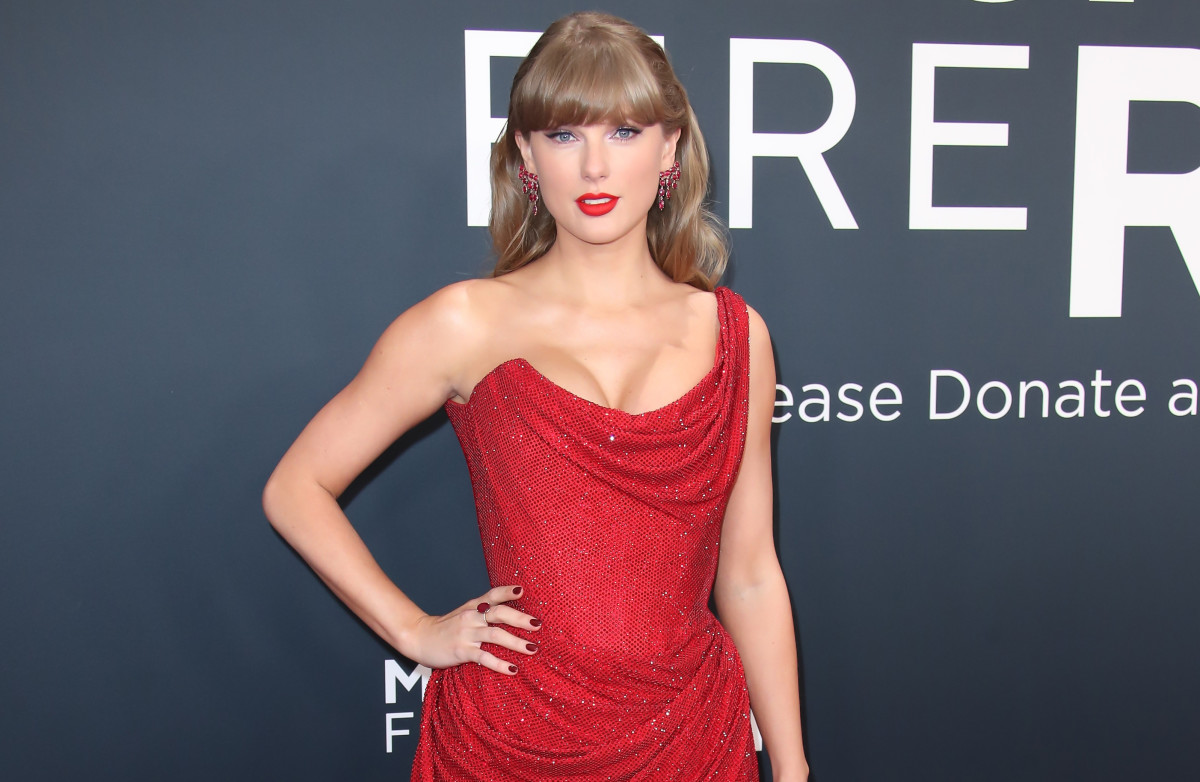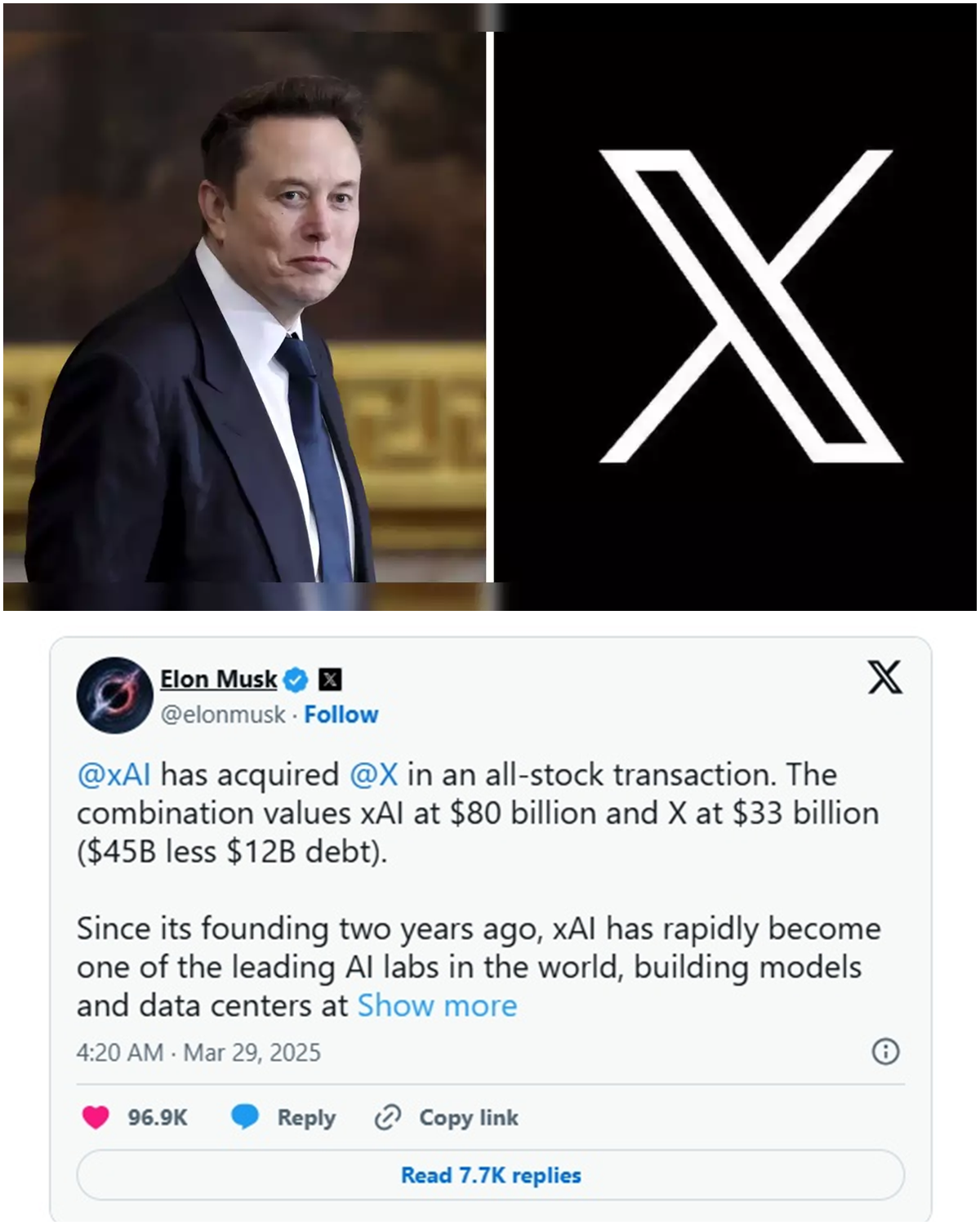
Karoline Leavitt vs. Taylor Swift: The Great American Debate That Left Everyone Talking
In a showdown that captured the attention of millions across America, Karoline Leavitt, the 27-year-old White House Press Secretary, squared off with pop superstar Taylor Swift on The Daily Show—a clash between politics and pop culture that left viewers on the edge of their seats. What was expected to be an insightful debate on women’s rights, misinformation, and climate change quickly turned into a battle of wits, facts, and ideology. The results of this debate, both humorous and serious, have sparked widespread debate across social media, political platforms, and entertainment circles. The riveting exchange brought out some deeply entrenched ideological divides, forcing viewers to question the balance between emotional advocacy and data-driven policy making.
A Fierce Beginning: Women’s Rights and the Clash of Ideologies
The debate opened with the topic of women’s rights, immediately setting the stage for the stark contrast between the two debaters. Taylor Swift, known for her powerful emotional speeches and advocacy for women’s empowerment, passionately stated, “Women’s rights aren’t just an issue—they’re the foundation of a just society.” Her advocacy for women’s freedoms resonated deeply with many viewers, especially those who look to Swift as a cultural icon who uses her platform to push for social change.

Karoline Leavitt, however, was ready for the challenge. With a calm demeanor and a sharp wit, she quickly countered Swift’s argument. “Taylor, I admire your passion, and I love ‘Fearless,’” Leavitt remarked, drawing laughter from the audience. “But I don’t need a song to prove women’s strength—I live it every day.” Leavitt shifted the conversation, pointing to concrete achievements under the Trump administration, such as record-low unemployment rates for women and initiatives aimed at supporting single mothers through vocational training programs.
Leavitt’s precise data and reasoned argument took the wind out of Swift’s sails, leaving her momentarily speechless. Swift, known for her emotional approach, attempted to regain control of the conversation, but her arguments lacked the same specificity that Leavitt continued to bring. Leavitt’s comment, “Do you have data proving that the policies you support actually work, or are you just going to write a song about it?” became one of the most memorable moments of the debate. The crowd erupted in laughter, signaling a clear advantage for Leavitt, whose humor and factual precision were a force to be reckoned with.
The second round of the debate centered on misinformation, a topic that both women have passionate views about. Swift, with her strong influence on social media, highlighted the dangers of misinformation in the digital age, criticizing leaders who spread falsehoods. “We cannot ignore the harm that misinformation causes,” she said earnestly. “It affects the way people think, vote, and even live their lives.”
Leavitt, however, was quick to turn the tables. “Misinformation isn’t just coming from leaders—it’s coming from influencers like you,” Leavitt asserted, referring to Swift’s own social media history. Leavitt brought up a past instance where Swift had deleted a post about environmental policies, a move many saw as a misstep. “You can’t call out misinformation in others if you aren’t willing to hold yourself accountable,” Leavitt said, emphasizing the importance of accuracy in the media and social media.
Swift’s response, while heartfelt, lacked the same data-driven approach that Leavitt had consistently displayed. Leavitt’s quick thinking and strategic use of Swift’s own actions as a counterargument put Swift on the defensive. The tension in the room was palpable, and the audience could feel the shift in momentum as Leavitt pressed forward with her well-informed critiques.
The final segment of the debate focused on climate change, a topic that has become a flashpoint for political discourse in recent years. Swift, with her global influence and advocacy for green policies, passionately called for immediate action, saying, “Climate change is our greatest crisis. We must invest in clean energy and protect our planet.”

Leavitt, ever composed, turned the conversation to the economic realities of such a sweeping shift. “Fully switching to green energy could raise electricity prices by 30%, burdening middle-class families,” she pointed out. “Before we push policies, we need to consider their economic impact.” Leavitt’s argument, supported by data from the American Energy Institute, challenged Swift’s more emotional call for change.
Leavitt even managed to incorporate Swift’s own song “Anti-Hero” into the conversation, humorously suggesting that activists might be “singing Anti-Hero to forget the problem.” The quip had the audience laughing once again, and Swift was visibly flustered, unable to match Leavitt’s calm, fact-based rebuttals.
As the debate came to a close, it was clear that Karoline Leavitt had emerged as the dominant force in the conversation. Her sharp wit, ability to stay calm under pressure, and commitment to presenting well-researched, factual arguments allowed her to navigate the fiery exchanges with ease. While Swift’s emotional appeal and cultural influence were undeniable, they were no match for Leavitt’s data-driven approach and intellectual rigor.

The audience’s applause was a clear indication of Leavitt’s success in the debate. Social media quickly erupted with reactions, and conservative platforms praised Leavitt as a new star who could stand toe-to-toe with the likes of Taylor Swift. “Karoline Leavitt just showed us all how to stay classy and factual even when things get heated,” one Twitter user wrote. Others called her “the future of conservative thought” and celebrated her ability to take on such a high-profile liberal icon.
Liberal outlets, while critical of Leavitt’s stance, conceded that she had outperformed Swift in terms of factual accuracy and preparation. “She didn’t just win an argument; she made a point,” one MSNBC analyst said. “Her ability to turn the conversation back to data and real-world implications was impressive.”
The Aftermath: A New Conservative Star
In the wake of the debate, Karoline Leavitt has solidified her position as one of the rising stars in conservative media. Her performance against Taylor Swift, a cultural icon, showcased her ability to hold her own in the high-stakes world of political discourse. This moment could prove to be a pivotal one in her career, as it has propelled her into the national spotlight in a way few expected.
Leavitt’s sharp, fact-based approach to politics is exactly what many conservatives have been craving in an era dominated by emotionally charged debates. She has proven that it’s possible to challenge the dominant cultural narrative with reason, data, and a sense of humor—an approach that is increasingly rare in today’s political media landscape.
The fallout from this debate is far from over. Both Leavitt and Swift have gained widespread attention, but the real story may be how Leavitt’s performance sets the stage for the next generation of conservative leaders. With her calm demeanor, sharp mind, and ability to stand up to powerful figures, Karoline Leavitt is poised to make a lasting impact on American politics.
Conclusion: A Victory for Substance Over Style
The showdown between Karoline Leavitt and Taylor Swift was more than just a media spectacle—it was a moment that highlighted the shifting dynamics in American political discourse. In a world where celebrity influence often overshadows factual debate, Leavitt’s victory was a triumph for intellectual rigor, data-driven policy, and the power of reasoned argument. As the political climate continues to heat up, it’s clear that Leavitt is a formidable force in the world of conservative media, and her future is bright.














